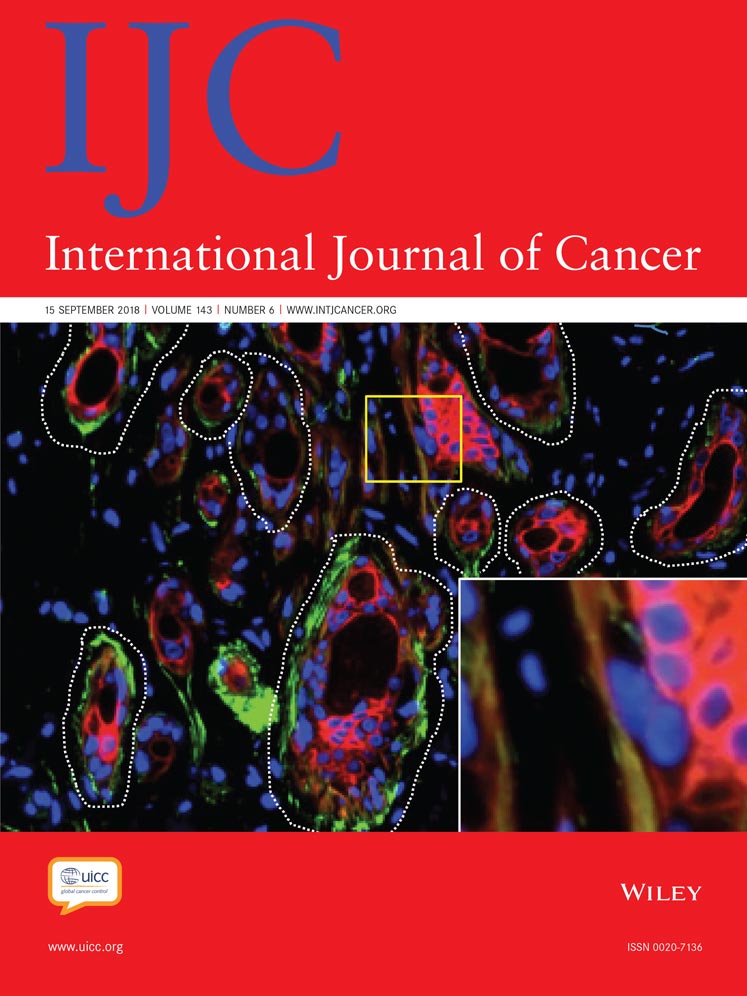1-L-MT, an IDO inhibitor, prevented colitis-associated cancer by inducing CDC20 inhibition-mediated mitotic death of colon cancer cells
Conflict of interest: The authors declared that they have no conflict of interest.
Abstract
Indoleamine 2,3-dioxygenase 1 (IDO1), known as IDO, catabolizes tryptophan through kynurenine pathway, whose activity is correlated with impaired clinical outcome of colorectal cancer. Here we showed that 1-L-MT, a canonical IDO inhibitor, suppressed proliferation of human colorectal cancer cells through inducing mitotic death. Our results showed that inhibition of IDO decreased the transcription of CDC20, which resulted in G2/M cycle arrest of HCT-116 and HT-29. Furthermore, 1-L-MT induced mitochondria injuries and caused apoptotic cancer cells. Importantly, 1-L-MT protected mice from azoxymethane (AOM)/dextran sodium sulfate (DSS)-induced colon carcinogenesis, with reduced mortality, tumor number and size. What is more, IDO1–/– mice exhibited fewer tumor burdens and reduced proliferation in the neoplastic epithelium, while, 1-L-MT did not exhibit any further protective effects on IDO–/– mice, confirming the critical role of IDO and the protective effect of 1-L-MT-mediated IDO inhibition in CRC. Furthermore, 1-L-MT also alleviated CRC in Rag1–/– mice, demonstrating the modulatory effects of IDO independent of its role in modulating adaptive immunity. Taken together, our findings validated that the anti-proliferation effect of 1-L-MT in vitro and the prevention of CRC in vivo were through IDO-induced cell cycle disaster of colon cancer cells. Our results identified 1-L-MT as a promising candidate for the chemoprevention of CRC.
Abstract
What's new?
Indoleamine 2,3-dioxygenase 1 (IDO) catabolizes tryptophan through the kynurenine (kyn) pathway, whose activity has been correlated with impaired clinical outcome in colorectal cancer (CRC). The function of IDO activity in CRC, however, remains unclear. Here, the authors demonstrated the chemopreventive effects of the canonical IDO inhibitor 1-L-MT on colitis-associated cancer, which were independent of adaptive immunity. IDO inhibition in colon cancer cells suppressed CDC20 transcription, thus inducing mitotic death, which was mediated by decreased Kyn production. The authors thus identified the IDO/Kyn pathway as a promising preventive target for colorectal cancer, and possibly other malignancies.




